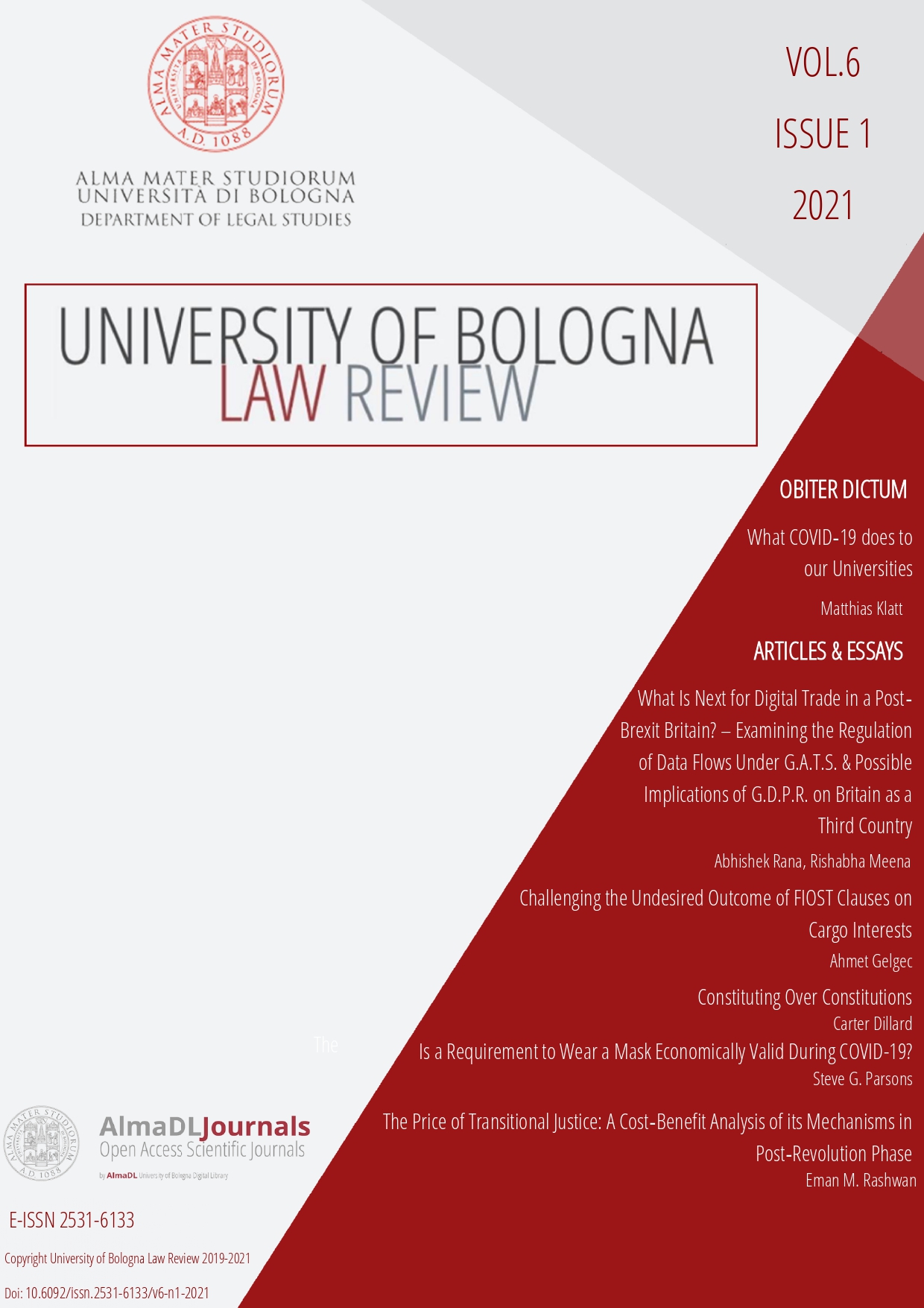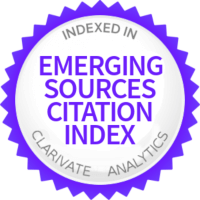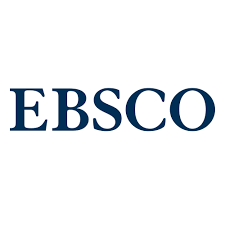Is a Requirement to Wear a Mask Economically Valid During COVID-19?
DOI:
https://doi.org/10.6092/issn.2531-6133/13410Keywords:
Covid-19, Externalities, Mask, Business Closure, Stay-At-Home OrderAbstract
Two of the most important categories of government intervention in response to COVID-19 are business closures and mask mandates. The scientific literature supports the efficacy of mask-wearing to reduce the transmission of respiratory viruses (including COVID-19). However, the efficacy is greater in stopping outbound transmission (meaning that my mask protects you) than inbound transmission (meaning that my mask protects me). Evidence suggests that the full benefits to society of wearing masks are far greater than the full costs to society of wearing masks. The author argues that mask-wearing is far more cost effective than business closures in controlling the spread of COVID-19. Moreover, the author argues that highly infectious diseases have an externality dimension. The person infected with COVID-19 makes a decision regarding whether to wear a mask based on their own perceived costs and benefits of mask-wearing, but that decision has consequences for those they come in contact with: the infected person’s decision not to wear a mask imposes costs on others that are external to the infected person’s decision process not to do so. The author further argues that some possible methods by which to deal with such an external cost (individual negotiations, a tax on spreading COVID-19, or as subsidy for wearing masks) are impractical. This makes a mask-wearing government mandate economically valid.
Downloads
Downloads
Published
How to Cite
Issue
Section
License
Copyright (c) 2021 Steve G. Parsons

This work is licensed under a Creative Commons Attribution 4.0 International License.











